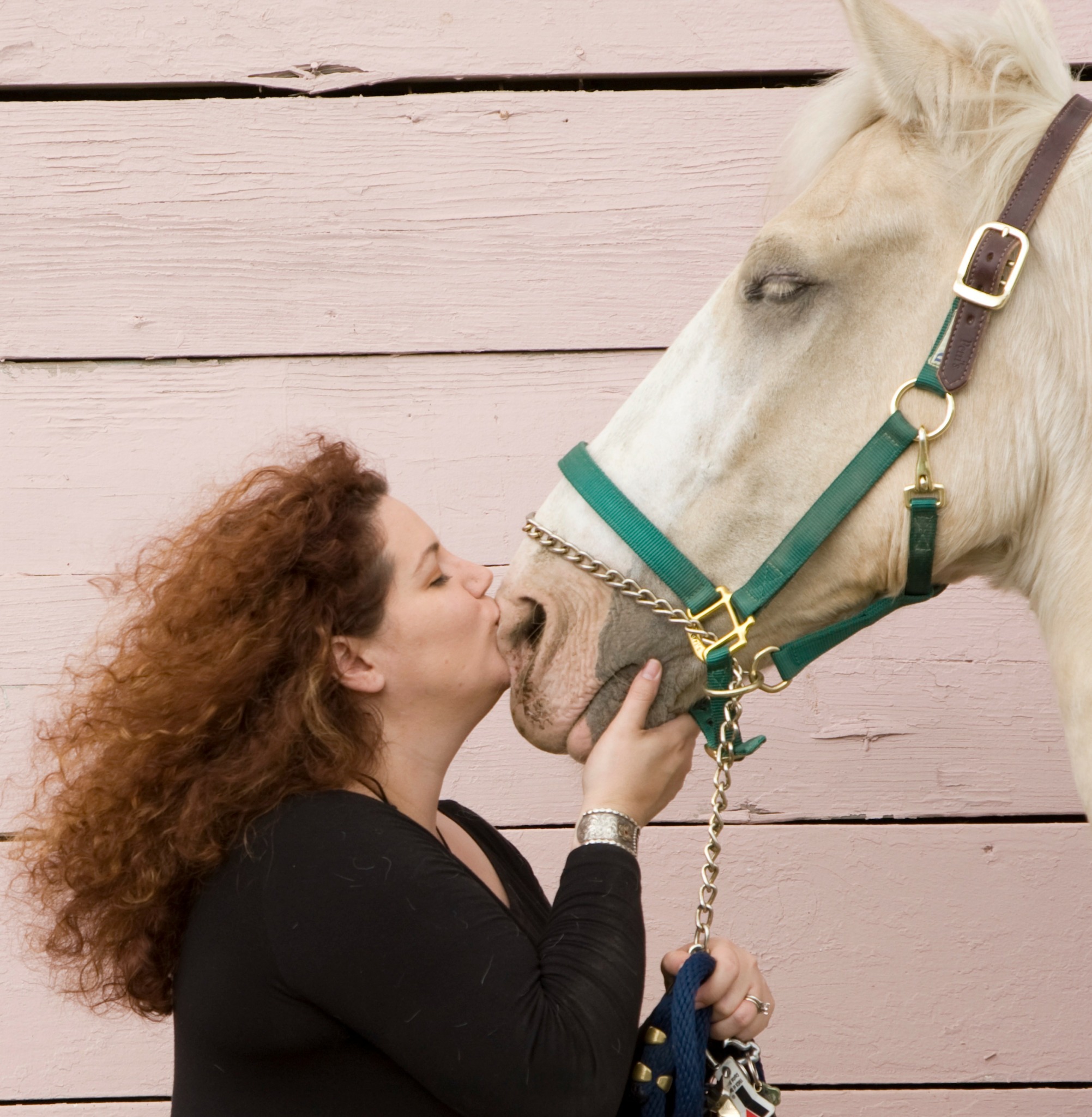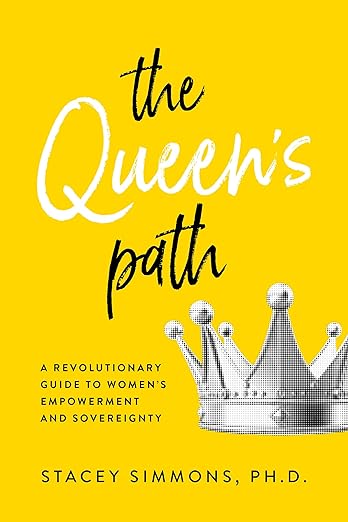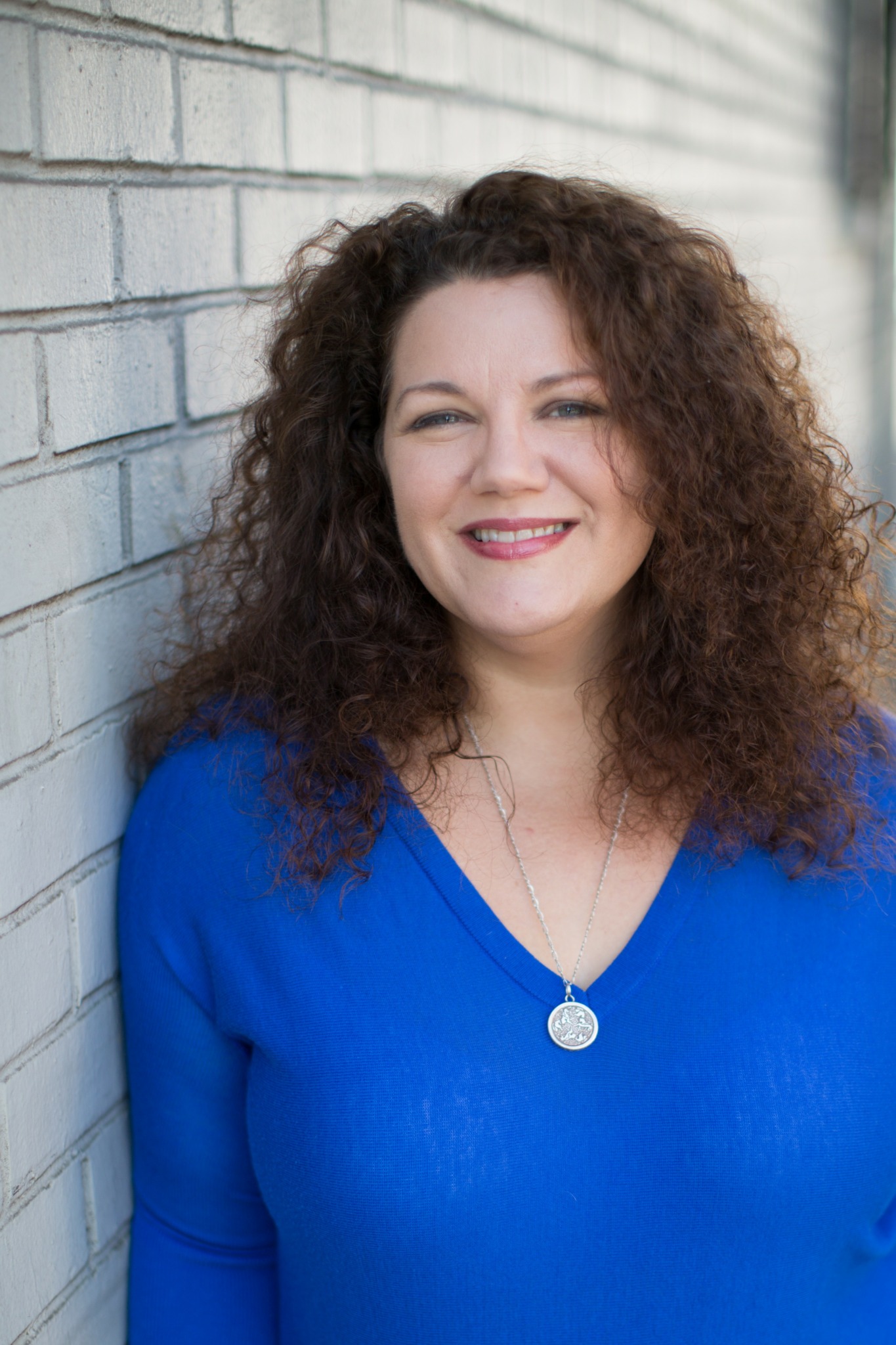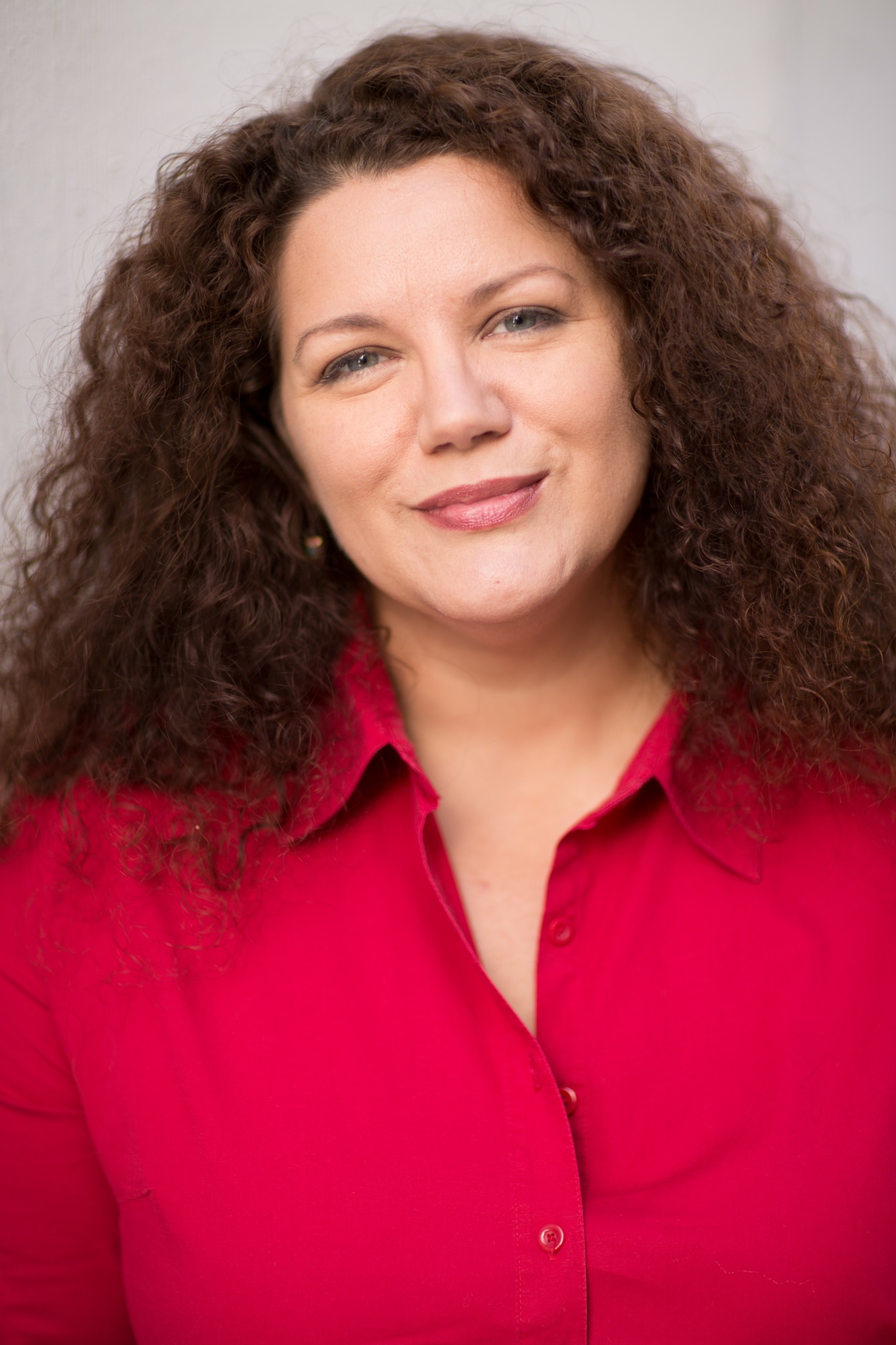We were lucky to catch up with Stacey Simmons recently and have shared our conversation below.
Stacey, looking forward to hearing all of your stories today. Often the greatest growth and the biggest wins come right after a defeat. ther times the failure serves as a lesson that’s helpful later in your journey. We’d appreciate if you could open up about a time you’ve failed.
My husband and I lost everything in Hurricane Katrina. But that wasn’t the biggest loss. I took what little we had left and tried to rebuild by starting a technology business. I had investors that had been directing me to do things their way and they led me to believe that if I followed their guidance they would continue their funding. But when the time to renew for the next round they said that they wouldn’t be reinvesting. That set off a chain of events that sent me into depression, bankruptcy and losing my home. But that failure led me to some very important realizations. The first was that I had spent way too much energy avoiding the pain and fear of losing my business, losing my home, and filing for bankruptcy that I hadn’t actually thought about it practically. I had not faced the “What’s REALLY the worst thing that could happen?” I realized that my horses, car, and horse trailer and pickup truck were paid for. The worst thing was I’d travel around the country living in my horse trailer’s sleeping compartment giving riding lessons or equine therapy workshops. If that was the worst outcome, I could do it. I would HATE it, but I could do it. That gave me the resilience to get to the next thing. And of course, I never had to live in my horse trailer. But I learned that I had to NAME the worst fear, instead of just having an ambiguous worst fear- the ambiguity made it more frightening. I left Louisiana and came back to California, where I had lived years before, and had hoped to return to for more than a decade.

Great, appreciate you sharing that with us. Before we ask you to share more of your insights, can you take a moment to introduce yourself and how you got to where you are today to our readers.
I am a psychotherapist who works primarily with creative professionals: artists, actors, writers, musicians, producers, directors. Before becoming a psychotherapist I worked in entertainment.
In my time in graduate school I discovered, quite by accident, an analog to The Hero’s Journey that is NOT a hero’s or heroine’s journey. I named it The Queen’s Path. It is the archetypal path that women follow in their path to sovereignty, ownership of their own lives and desires. It’s so important to me that I underline that this was a discovery- not an invention. If you look at every story written about women, from ancient Sumer, to the Bible, to Wicked and Barbie, the story follows the archetypal journey of the Queen’s Path. By codifying it, I’ve made it available to writers, directors, actors, and everyday women trying to understand how to become queens of their own lives. I do workshops all over the world on The Queen’s Path, in August I’ll be giving a workshop for writers in Glasgow, Scotland, and in October I’ll be doing a retreat with my close colleague, Jennie Marie Battistin. In the Queen’s Path Retreat we’ll unite The Queen’s Path with psychedelic experiences. I’m a certified psychedelic therapist, and we offer psychedelic therapy here at our offices in Burbank. I’ve found psychedelic therapy to be remarkably effective for helping creative professionals and anyone with trauma.

We often hear about learning lessons – but just as important is unlearning lessons. Have you ever had to unlearn a lesson?
I had to unlearn being a “good girl”. I had done everything that was expected of me. Everything I did trying to get to the next level through following other people’s rules, and trying to adhere to role expectations as best as I could.
When I returned to L.A. and went back to school I found myself in psychoanalysis. My life was in shambles, and my job was pure misery. I had lost everything a couple of years before, and I really thought that I had paid my dues. I was so angry. I sat in my therapist’s office in tears yelling, “Why won’t life love me back? I’ve done everything right! I don’t understand why life won’t love me back.” Steve my analyst, sat there staring at me, and he said, “I don’t think that’s how it works. There is no reward for being an obedient object. You just LOVE YOUR LIFE, like be in the ACT of loving your life. When you love your life, your life will love you back.” It took me a decade to unpack that statement. I had lived my entire adult life looking for a reward for being a good girl that never came. Since switching to just LOVING my life, I’ve never been happier.

Any stories or insights that might help us understand how you’ve built such a strong reputation?
People in the entertainment industry know that they don’t have to explain the complexities to me. The entertainment business is very particular and has lots of idiosyncrasies. Some of these are not healthy, and some of them are harmless. Knowing how to dive into different types of experiences is particularly important. For example I work a lot with people who travel for extended periods of time shooting movies or series. So we discuss that when they come back there will be a period of re-entry. They have to be careful to prepare for this so they don’t burn themselves out before they come back, and that they treat themselves with gentleness when they come back into their normal routine. They often feel very disoriented and think that something is “wrong” with them because they can’t just jump back into their routine.
I love creative people and I’m ready to work on the hard issues that can come from working in this space. A lot of creatives have early trauma, and they are actually afraid of healing, because they think that without that pain they won’t be able to create. We look at trauma, and also work to separate it from the creative impulse and creative hunger. Creative people are sometimes the ones who need to process in real time through music, dance, or other art forms. So I encourage this, and then we work with the products of that creativity to look for clues about what is brewing in the unconscious.
The kind of therapy I practice is called “Depth Psychotherapy” it deals a lot with what happens in the unconscious which is the unique domain of creativity. I talk about myths, symbols, dreams, and other unusual topics in therapy. I don’t think that treating a client like a collection of symptoms actually helps anyone. Artists in particular need to be treated not only as the whole person they are, but the person they are becoming.
Contact Info:
- Website: staceysimmonsphd.com AND https://hope-therapy-center.com/stacey-simmons-therapist/
- Instagram: staceysimmonsphd
- Facebook: staceysimmonsphd
- Linkedin: https://www.linkedin.com/in/stacey-simmonsphd/
- Twitter: staceysimmons
- Other: tiktok
staceysimmonsphd handle @psychologyqueen
queenspathscotland.com

Image Credits
Stacey with the horse credit is to Marie-Dominique Verdier


